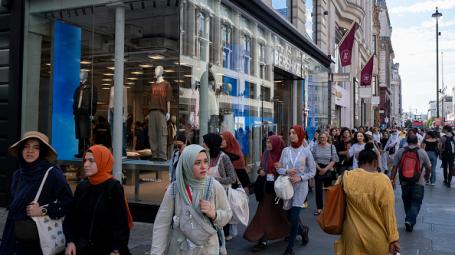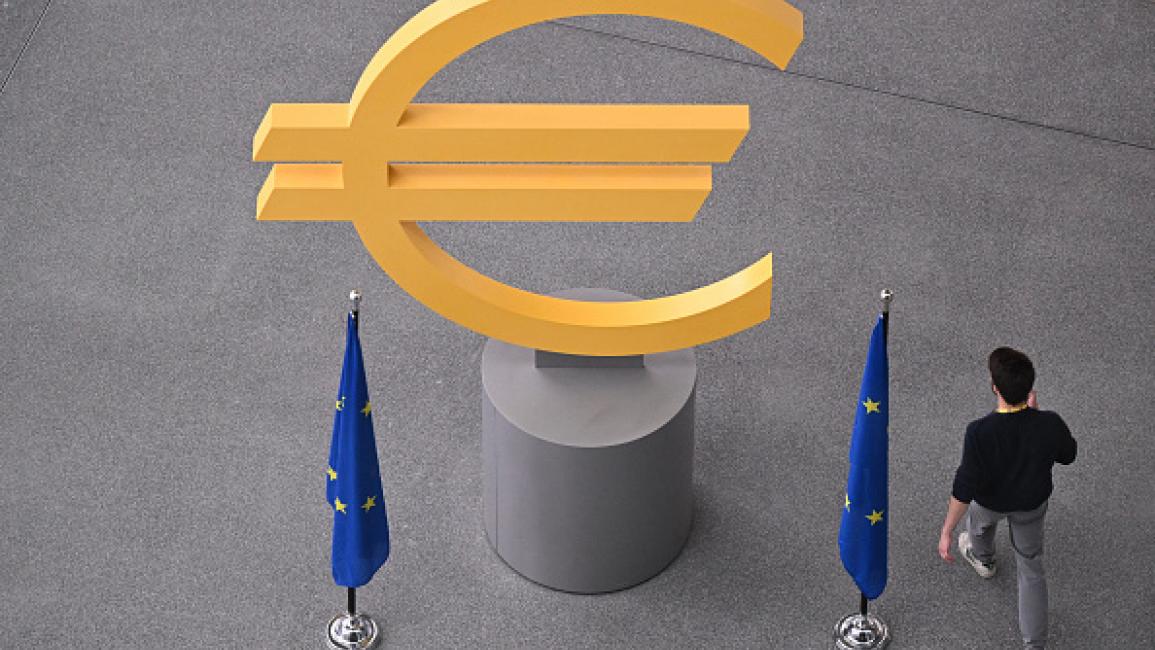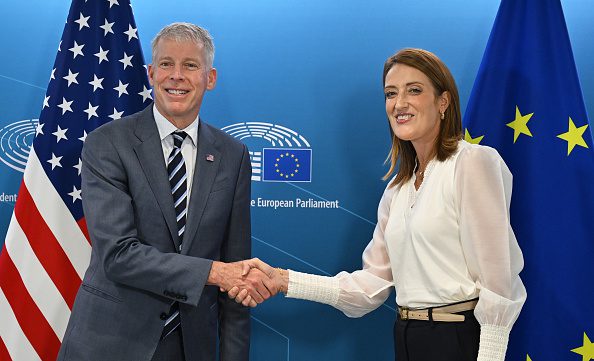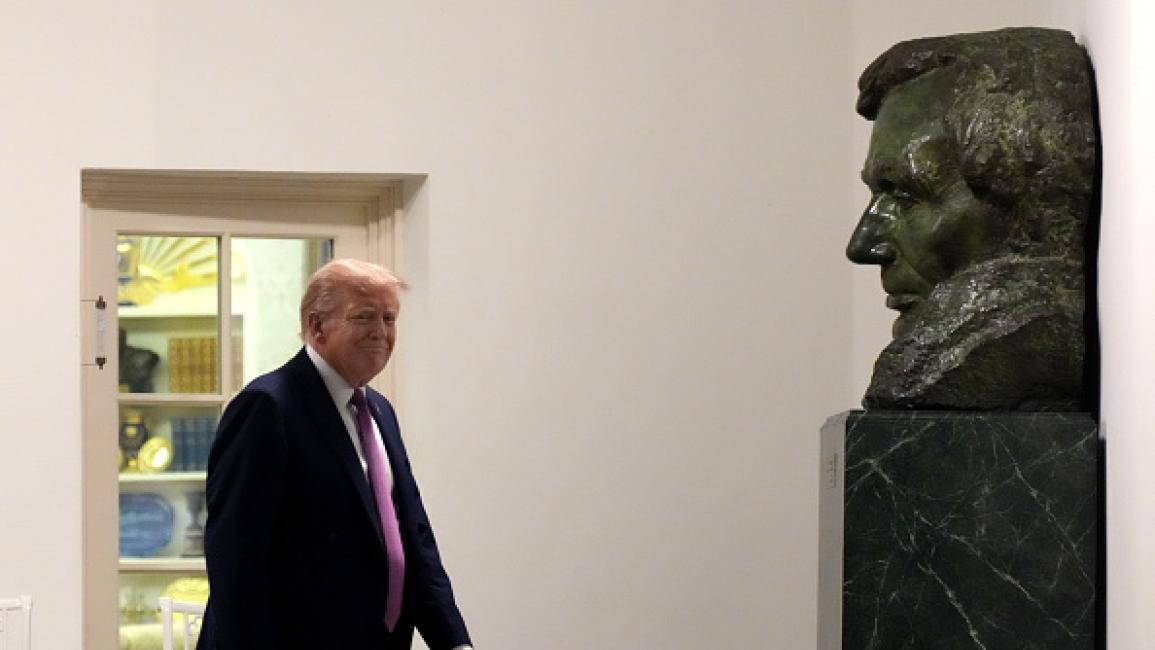Will the U.S. Economy Collapse Due to Political Division?

The United States has long been a global economic powerhouse, driven by innovation, entrepreneurship, and strong financial institutions. Yet in recent years, deepening political division has cast a shadow over the country’s economic stability. From debates on taxes and spending to battles over healthcare and foreign policy, partisan gridlock has raised serious concerns about the future of the U.S. economy. The question on many minds is whether political polarization could eventually push America into an economic collapse.
A Nation Divided
Political polarization in the U.S. is at historic levels. Republicans and Democrats are not only divided on issues such as healthcare, immigration, and foreign policy, but they also disagree fundamentally on how the economy should be managed. This division has led to repeated government shutdowns, delayed budgets, and constant uncertainty in financial markets.
In times of economic stress, unity and swift policymaking are critical. Unfortunately, the current climate makes consensus rare, and this dysfunction poses risks for long-term economic growth.
Categories: News, Breaking News.
The Debt Ceiling Crisis
One of the most visible examples of political division affecting the economy is the recurring debt ceiling crisis. Every few years, Congress fights over whether to raise the borrowing limit, threatening the possibility of default on U.S. debt. Each time, markets panic, interest rates rise, and America’s global financial credibility is put at risk.
A default would have catastrophic consequences, potentially triggering a global financial meltdown. While Congress has always eventually acted, the uncertainty damages confidence and weakens the dollar’s position as the world’s reserve currency.
Inflation and Political Disagreements
Inflation remains a pressing issue for American households. Republicans often blame excessive government spending by Democrats, while Democrats argue that corporate greed and supply chain disruptions are the root causes. This disagreement makes it difficult to pass effective legislation that could provide relief.
Partisan battles also influence Federal Reserve policy indirectly. While the Fed is independent, political pressure shapes public perception of its decisions, leading to further uncertainty.
Related categories: U.S News, Trump News.
Business and Market Reactions
Businesses thrive on stability. When political division paralyzes Washington, corporations delay investments, reduce hiring, and sometimes move operations abroad. Wall Street reacts quickly to political chaos, with stock prices falling during government shutdowns and debt ceiling standoffs.
For small businesses, the uncertainty is even more damaging. Without predictable tax and regulatory environments, entrepreneurs struggle to plan for the future. This directly impacts job creation and innovation.
Global Perceptions and Foreign Relations
The U.S. is not only an economic power but also a symbol of stability for global markets. Political division undermines this reputation. Allies question America’s ability to lead, while rivals exploit division to advance their own agendas.
For example, China has sought to promote the yuan as an alternative to the U.S. dollar in international trade. If political dysfunction continues, America’s global economic leadership could erode, shifting power toward other nations.
Category: World.
Social Programs and Economic Pressure
Partisan disagreements extend to social programs such as Social Security, Medicare, and unemployment benefits. Democrats argue for expansion, while Republicans push for cuts or privatization. Without compromise, these programs face financial instability that could worsen inequality and strain the federal budget.
As America’s population ages, the cost of healthcare and pensions will rise. If political leaders cannot find common ground, these obligations could push the economy toward crisis.
The Role of Voters
Ultimately, the fate of the U.S. economy rests not only in the hands of politicians but also in the voters who elect them. When voters reward extreme partisanship, polarization deepens. If, however, the electorate begins to favor compromise and bipartisanship, there may be hope for economic reform.
The upcoming 2026 elections will be a major test. Will voters continue to support politicians who prioritize ideology over governance, or will they demand practical solutions to economic challenges?
Potential Paths Forward
While the risks are serious, it is unlikely that political division alone will cause a full economic collapse. The U.S. has resilient institutions, a diverse economy, and global influence that provide buffers against crisis. However, persistent polarization could erode these strengths over time.
Key steps to avoid collapse include:
-
Reforming the budget process to avoid shutdowns.
-
Building bipartisan coalitions for critical legislation.
-
Ensuring Federal Reserve independence.
-
Investing in long-term infrastructure and innovation.
These measures would require political courage and leadership—qualities that seem increasingly rare in Washington.
The U.S. economy is strong, but political division poses real risks. From debt ceiling battles to disputes over inflation and taxation, partisan gridlock creates uncertainty that harms both domestic and global confidence. While a total collapse may be unlikely, the long-term effects of political dysfunction could weaken America’s economic power.
The world is watching closely. Will the U.S. find unity in time to secure its financial future, or will internal division undermine its economic dominance?




